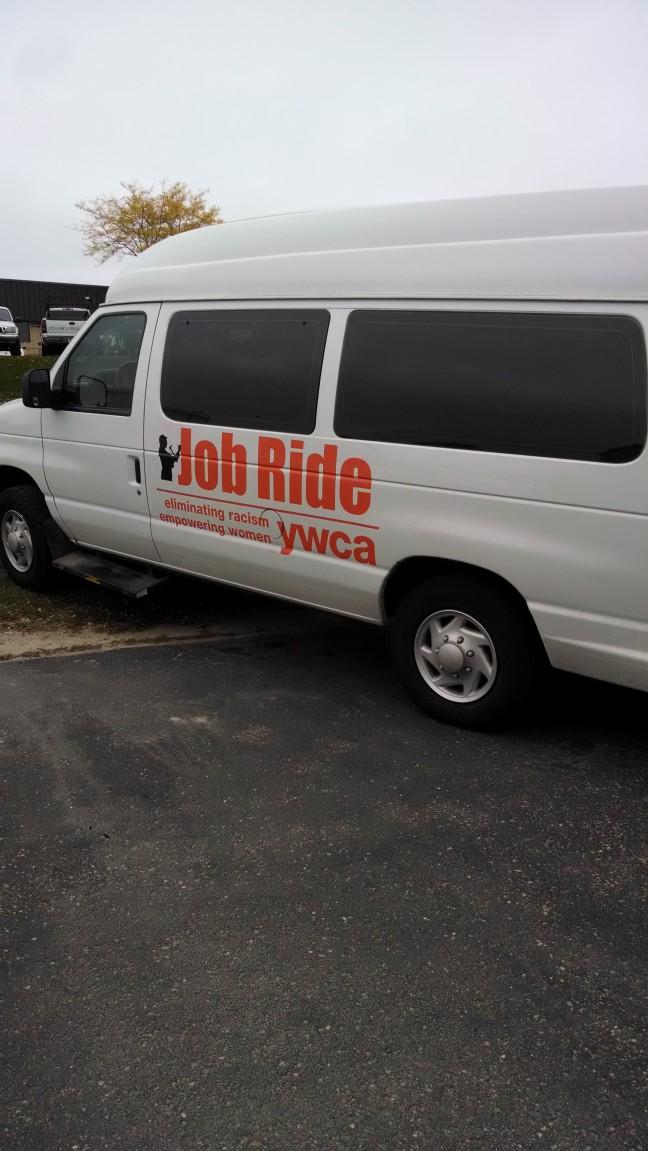The recent brutal sexual assault on the Capital Trail Bike Path, prompted the YWCA to issue a statement reminding the community of an important local program aimed at decreasing the chances of sexual assault.
YW Transit, a program offered through the YWCA, offers late-night transportation for those at risk of becoming victims of sexual assault, Amanda Larson, YW Transit coordinator, said.
This program is designed to help prevent instances of violence from occurring, Rachel Krinsky, CEO of YWCA Madison, said in the statement.
“We extend our heartfelt sympathies to the woman attacked this weekend and to all women who are at risk for harassment, abuse and assault simply because of their gender,” Krinsky said in the statement. “YW Transit is available to women and children in our community who may feel vulnerable at night or are in domestic violence situations.”
MPD holds news conference to promote public awareness, seek information on bike path assault
In early 2007, the YWCA created the program in hopes of filling the gap that occurred when the earlier program closed, Larson said.
“The goal is to provide a safe ride at night — like if [someone] needs a ride to the grocery store, but has to wait too long at a dark bus stop,” Larson said.
The YW Transit program is offered every night of the year. From 7 p.m. to 8 p.m., callers are allowed to request rides, with the actual services provided between 9 p.m. to 1 a.m., Larson said.
The program is funded through United Way, City of Madison, Dane County and state funding, Larson said.
Ride requests are granted on a first-come, first-serve basis, with priority given to crisis calls, such as domestic abuse, Larson said.
The number of ride requests the program receives varies depending on season, weather and time of the week, but typically averages between six to 10 people per night, Larson said.
Throughout the entire year, the YW Transit provides more than 10,000 free sexual assault prevention rides, according to the YWCA press release.
The program has eight vehicles and employs 20 drivers, all of whom are specially trained for the job, Larson said.
Though men are not specifically banned from using the service, it is primarily women who request rides. Drivers are permitted to use their discretion in terms of who is in the greatest need, Larson said.
The program was initially only a nighttime free ride service for women and children who were concerned about sexual assault, but it has since expanded to provide rides to and from work for low income workers, Larson said. These employment rides cost $2, the same as a bus fare.
While there are other free sexual assault prevention rides available in other regions across the country, YW Transit is unique in providing employment rides, Larson said. The waitlist for employment rides is already long, with four to five applications coming in on a weekly basis, she said.
To fill the demands for sexual assault prevention and employment rides, the YW Transit program requires further expansion, Larson said.
The limit on funding and vehicles is currently preventing expansion.
“We don’t really hear about these services as much until something serious happens,” Larson said. “We should be doing more.”
To schedule a ride, call (608) 257-1436.












